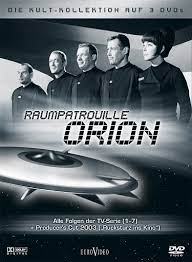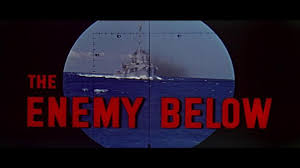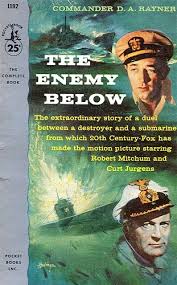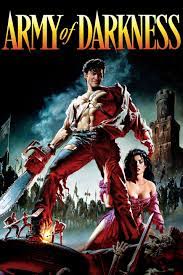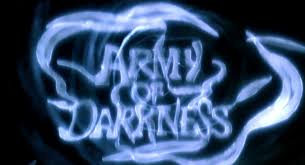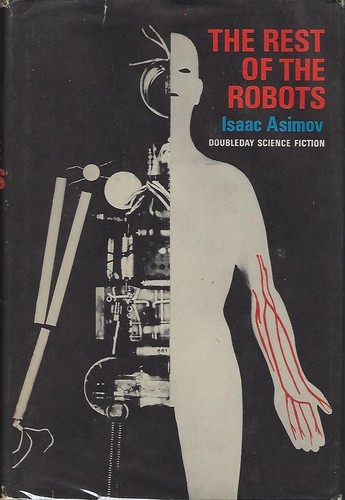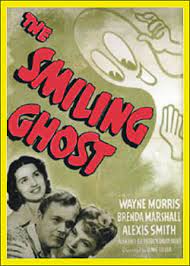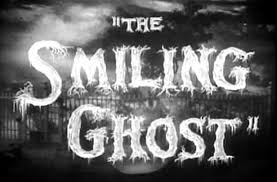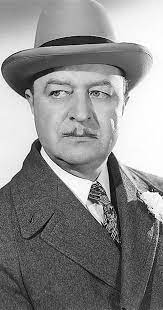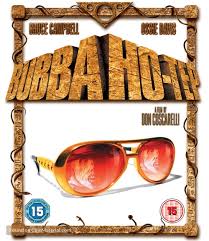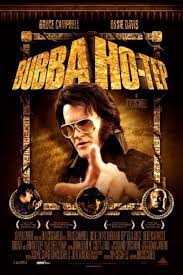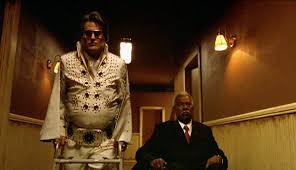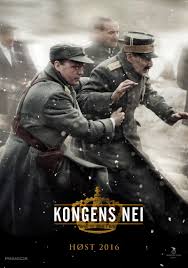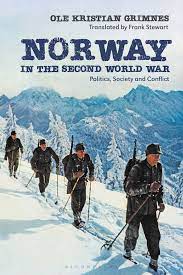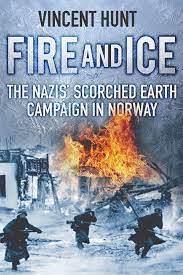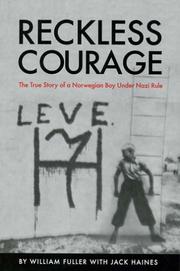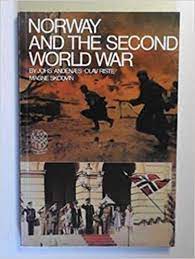Raumpatrouillet Orion (1966)
Space Patrol Orion
IMDb meta-data is 7 episodes of 1 hour each, rated 8.0 by 20,407 incredibly generous cinematizens.
Genre: Sy Fy; Species: West German
Verdict: Yawn.
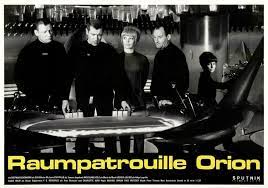
All our problems have been solved in this futuristic adventure short-lived serial. There are no nations and no states, only humanity. Resources are infinite and Adam Smith’s Wealth of Nations is a museum piece. Space flight is faster than light. Orion 8 has an ostensibly multi-national crew all played by Aryans. Only the names indicate plurality: McLane must be Anglo, Monti is Italian, Shubashi is Asian, Legrelle French, Sigbjörnson Nordic, and Jagellovsk Slavic. It premiered in West Germany in the same week that Star Trek was first shown on television Stateside.
The money went for the sets which are excellent; far better than Star Trek. The direction is lifeless. The broadcast were in Black and White. The scripts clichéd to say the least.
The first episode is ‘Angriff aus dem All’ (‘Attack from Space’) and the tension turns on that old German chestnut – Ein Befehl est ein Befehl. (Immanuel Kant has a lot to answer for.) Our renegade and disobedient captain who knows better than anyone else, reluctantly obeys orders for once, and consequences follow because he was right — sort of — all along. It is all about him. Though there is a crew, they are only there to reflect him. There is no teamwork.
Episode 2. ‘Planet ausser Kurs’ really should be called shoot the messenger rather than ‘Planet off Course.’ As the world is about to end senior management argues about lines of reporting to shift blame down the line in a touch of realism. McKinsey management at its best. Meanwhile, Captain Intrepid once again saves the day single-handed. By the way the recurrent villains are called ‘Frogs.’ Get it?
In every episode Commissar Tedious contradicts the well-jawed Captain, while the ageing crew members act like adolescent schoolies. There is no character development. She starts out an automaton and stays that way. He starts out a jerk and stays that way. Of course they will become a couple. Back at Headquarters the senior staff act like stereotypes
3 ‘Hüter des Gesetzes’ Three laws of robots are mentioned but not Asimov. The robots look like balloon version of mute Daleks when they go on strike. The tech is not to be trusted.
4 ‘Deserteure’ (Desertion) everybody wants to go to AA – 05-0189. There are always a lot of numbers bandied about but this episode tops that chart. Ditto as above.
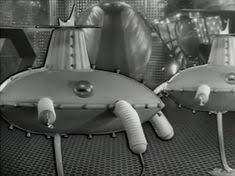
5 ‘Der Kampf um die Sonne’ The last one to leave turned out the Sun. It has to be rebooted and Orion 8 has just the foot to do it. Despite all the claims in previous episodes, in this one the Captain encounters extraterrestrial HUMANS! Well, that is new and news, but wait, there is more. This world in run by women! He doesn’t believe! He can’t believe it! He won’t believe it! It’s unbelievable! That takes 45 minutes. It turns out through a slip of the scriptwriter’s typewriter that the Captain and the Leaderess know the same literature and so establish a decorous rapport. A good book is truly universal. Since Earth and the planet have never met before this coincidence is occult.
6 ‘Die Raumfalle’ The Space Trap. The script writer comes on board; it doesn’t help.
7 ‘Invasion’ (Guess!). Always the Frogs. This is the most Cold War of the episodes with the enemy within, The Heidelberg 10.
Der Ende! (This became my favourite German phrase at this moment.)
The cardboard characters, the repetitive Commissar, and the snail pace make for uphill viewing… That 8.0 rating must have an external explanation, perhaps the never-seen Frogs like it. (But then that turgid 12-part ABC Sy Fy serial of the same era ‘The Stranger’ (1964) is rated 8.1.) The sets are certainly arresting, and either at the beginning or end of each episode shows the crew relaxing from their arduous duties of standing motionless on the floor marks with dance sequences almost as odd as that in ‘The Man from Another Star’ discussed earlier. See below.
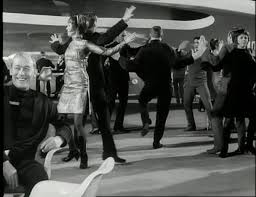
More retrospective specials 18 on TVDb than original programs 7.
The 1950 serial of the same name set in the 30th Century had Commander Corey whizzing around zapping bad guys with the Paralyzer, and then reprogramming them to be nice with the Brainograph. My mother wanted one of those, Now that was entertainment. Check it out on You Tube.

